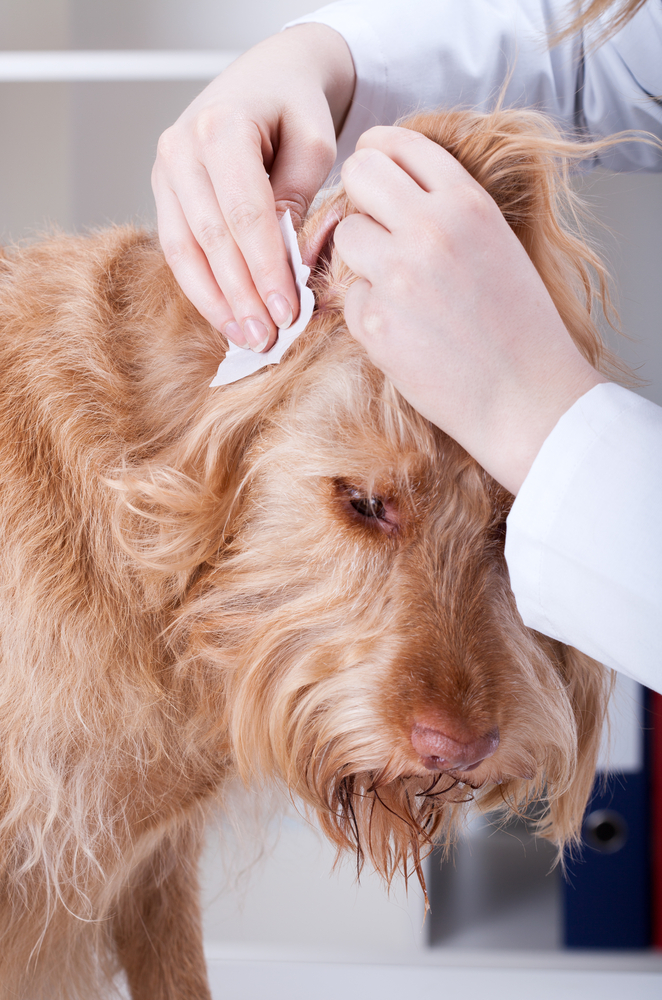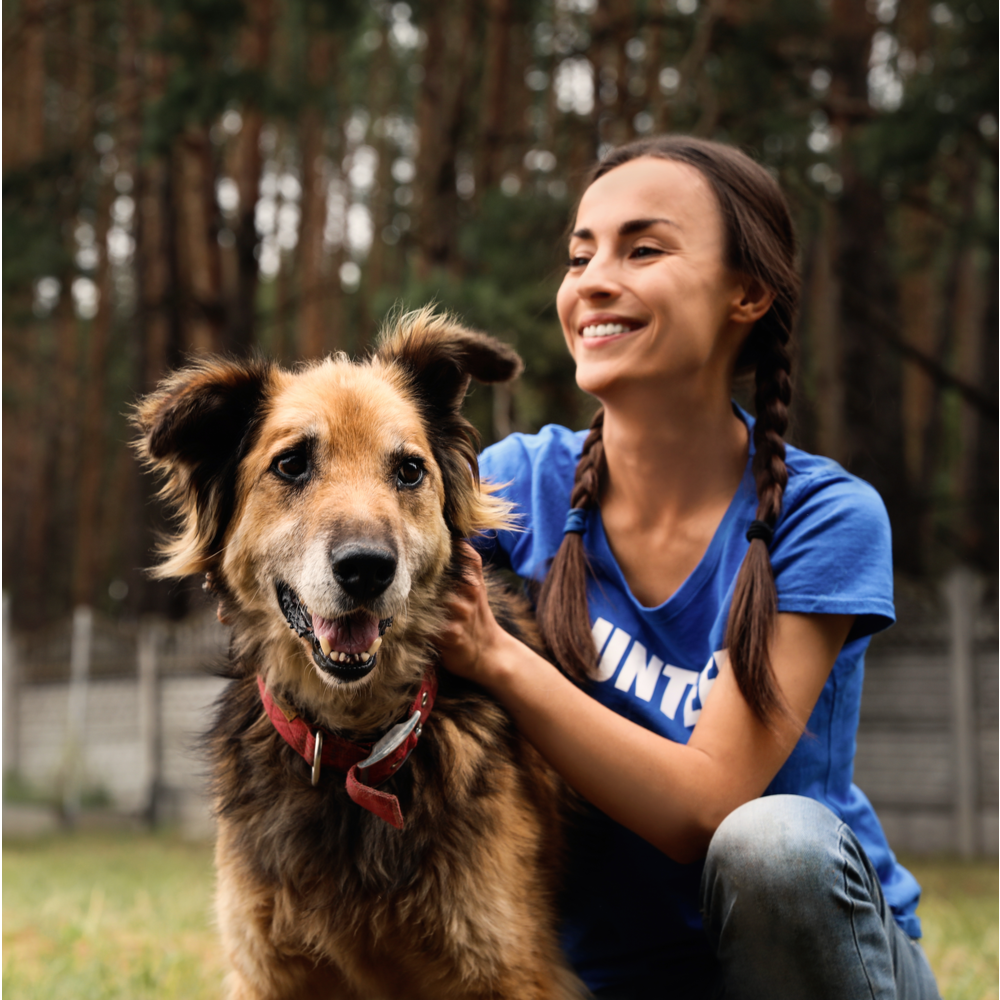What to Know About Ear Infections in Dogs
If you’ve ever had a dog, chances are you’ve noticed them shaking their head, scratching their ears, or licking the area around their ears. Many times this is a sign of an ear infection—something I’ve recently learned from experience with my poor pup Oscar. In this blog post, we’ll cover what to look for and how to treat an ear infection in your dog.
Signs of an ear infection

Dogs often exhibit certain behaviors that can indicate they have an ear infection. If your dog is shaking its head or scratching its ears more than normal, it could be a sign of an ear infection. Likewise, if your dog is rubbing its head against furniture or walls, it might be trying to alleviate the discomfort caused by swelling and irritation from the infection. You may also notice redness inside your pup’s ears or discharge coming out of their ears—both signs that something isn’t quite right.
If your pup’s behavior has changed drastically—perhaps they’re refusing to eat or play—that’s also a sign that they may need medical attention as soon as possible. Of course, if you notice any of these symptoms it’s best to take your dog to the vet to get checked out right away.
Causes & Treatments
Ear infections can be caused by many things including allergies, parasites like mites, swimming too often (which can leave moisture in the ears), and even genetics (some breeds are more prone to ear infections than others). Once diagnosed by a veterinarian, treatment for ear infections typically includes antibiotics and/or anti-inflammatory medications prescribed by the vet. It’s important to follow all instructions given by the vet carefully and make sure you give your pup all the medication prescribed until it runs out – even if the symptoms seem gone after just a few days!
Ear Mites – One of the most common causes of itching in your pet’s ears is an infestation of ear mites. These microscopic parasites live on the skin inside and around your dog’s ears and feed off the oils and wax that are naturally produced there. The presence of these pests can cause intense itching and irritation that leads to scratching, redness, inflammation, and even infection.
Allergies – Another common cause for itchy ears is an allergic reaction to something your pup has come into contact with. Allergens such as pollen, dust mites, chemicals, flea saliva, or certain foods can all trigger an allergic response from your pet’s immune system. Symptoms include redness, swelling, and intense itching that may lead to secondary infections if not treated properly and promptly.
Bacterial Infections – Bacterial infections are another common cause for itchy ears in dogs. These infections can be caused by water getting inside the ear canal after swimming or bathing or due to poor hygiene practices such as not cleaning your dog’s ears regularly. Bacterial infections can be very serious if left untreated so it is important to seek medical attention right away if you suspect an infection is present.
Preventing Ear Infections in Dogs
You can help prevent ear infections in dogs by cleaning their ears regularly; however, don’t overdo it! Too much cleaning can cause irritation and dryness which makes them more susceptible to infection. It’s also important not to use cotton swabs or other items that could damage their delicate eardrums while cleaning their ears. Lastly, make sure they stay dry after swimming – either use swimmer’s drops before swimming or clean out their ears with a damp cloth afterwards – as moisture trapped inside their ear canal increases the chances of developing an infection.

Ear infections in dogs can be painful and uncomfortable for our furry friends – but luckily there are steps we can take as pet owners to help avoid them altogether. Regularly inspecting your pup’s ears for any signs of redness or swelling and cleaning them gently when needed should go a long way towards preventing future issues with these pesky infections – not just for Oscar but all pups! That said – if you do suspect that your pup has an ear infection its best not wait – get them checked at the vet right away so they start feeling better sooner rather than later!


0 Comments